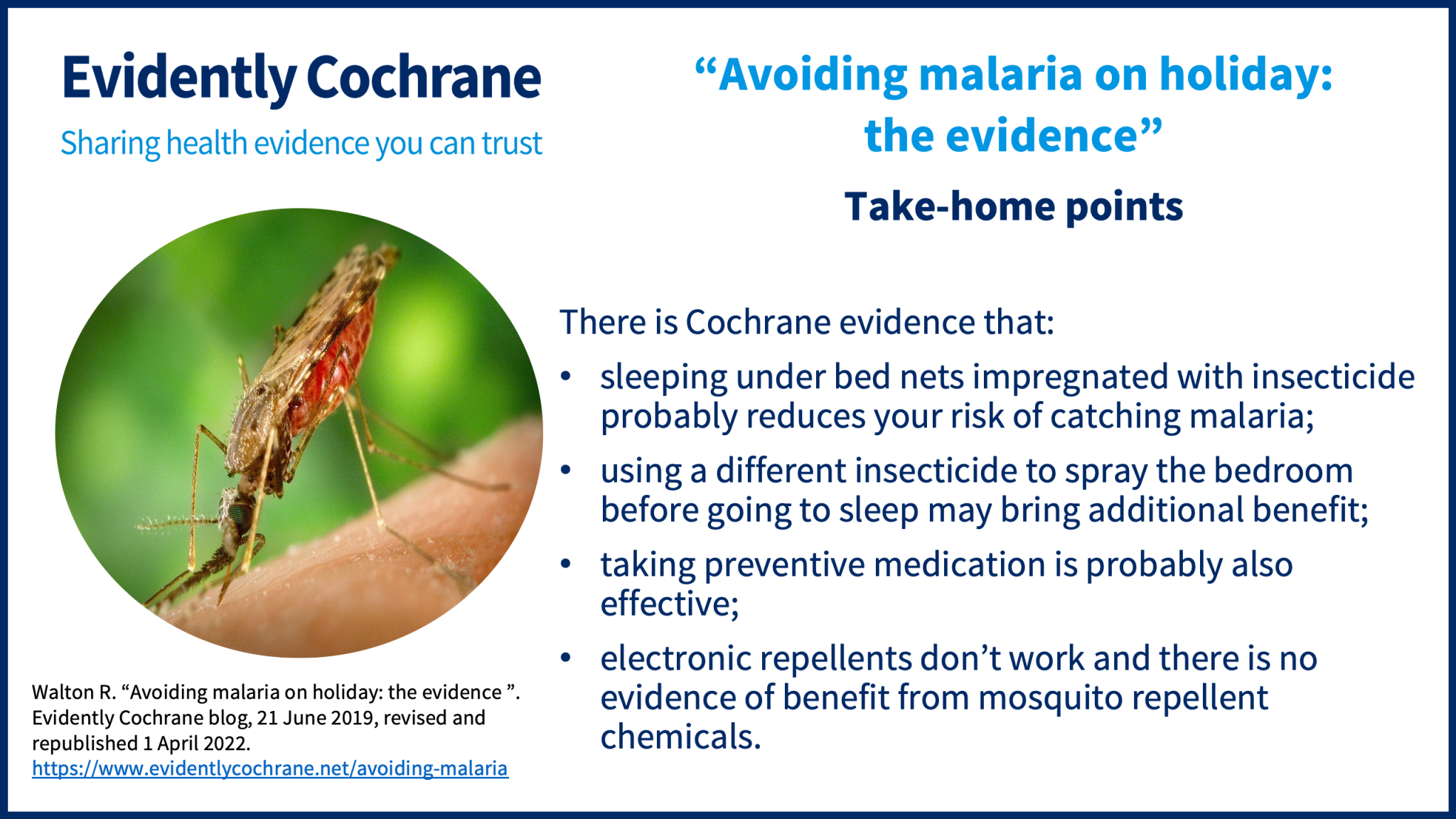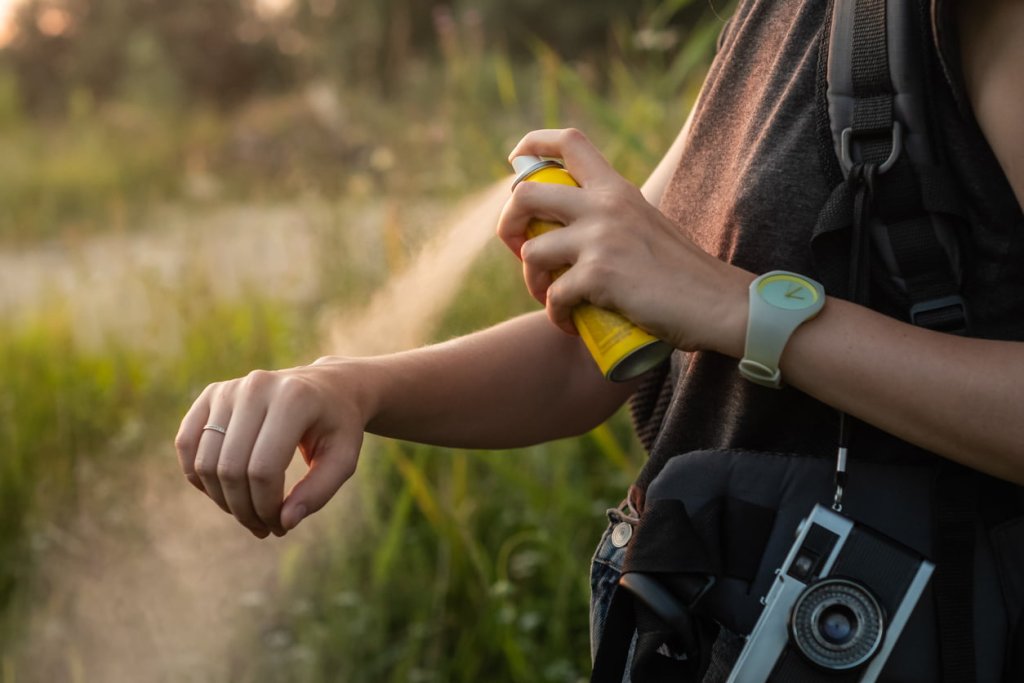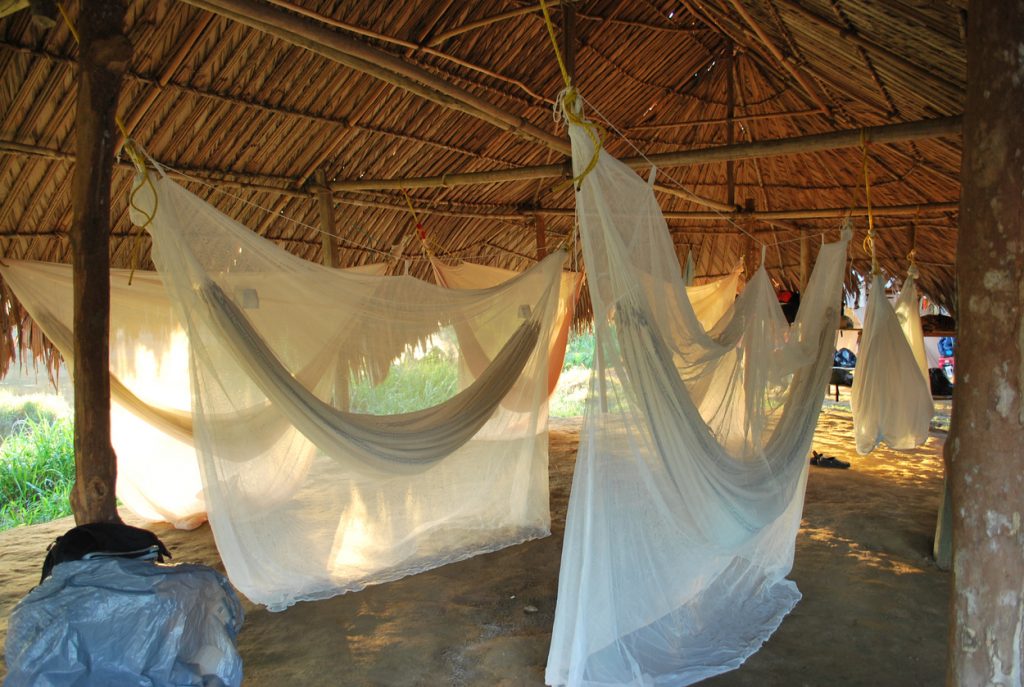In this blog for people taking tropical holidays Robert Walton, a GP, brings you up to date with the latest research on malaria prevention and gives practical tips for reducing your riskA way of expressing the chance of an event taking place, expressed as the number of events divided by the total number of observations or people. It can be stated as ‘the chance of falling were one in four’ (1/4 = 25%). This measure is good no matter the incidence of events i.e. common or infrequent. of infection.
Page originally published: 21 June 2019. Revised and republished: 1 April 2022 with new Cochrane evidenceCochrane Reviews are systematic reviews. In systematic reviews we search for and summarize studies that answer a specific research question (e.g. is paracetamol effective and safe for treating back pain?). The studies are identified, assessed, and summarized by using a systematic and predefined approach. They inform recommendations for healthcare and research..
Take-home points

About 1,500 people return to the UK with malaria each year, most from visiting relatives or taking a well-earned holiday. It’s a very unpleasant and debilitating illness with a high death rateThe speed or frequency of occurrence of an event, usually expressed with respect to time. For instance, a mortality rate might be the number of deaths per year, per 100,000 people. if access to medical care is limited. Although prompt treatmentSomething done with the aim of improving health or relieving suffering. For example, medicines, surgery, psychological and physical therapies, diet and exercise changes. is remarkably effective, delay in seeking help and making the diagnosis mean that around seven people still die from malaria annually in the UK.
If you are headed for a fancy hotel in a big city then your risk of catching malaria is pretty low but many people will travel to rural areas on safari or for sightseeing where rates of malaria transmission are high.
Prevention is better than cure and there is a wealth of Cochrane evidence about how to reduce the risk of infection. Although most studies involve people living in countries where malaria is a common problem, their findings seem likely still to be relevant to visitors from abroad.
So how can I avoid catching malaria?
Repellents?
A mainstay of travel advice in the past has been the use of mosquito repellents and whilst using these chemicals still seems prudent the Cochrane ReviewCochrane Reviews are systematic reviews. In systematic reviews we search for and summarize studies that answer a specific research question (e.g. is paracetamol effective and safe for treating back pain?). The studies are identified, assessed, and summarized by using a systematic and predefined approach. They inform recommendations for healthcare and research. Mosquito repellents for malaria prevention (published February 2018) found there is no hard evidence of benefit of repellents, nor is there evidence to support the use of mosquito coils.
As for electronic mosquito repellents, there is high-certaintyThe certainty (or quality) of evidence is the extent to which we can be confident that what the research tells us about a particular treatment effect is likely to be accurate. Concerns about factors such as bias can reduce the certainty of the evidence. Evidence may be of high certainty; moderate certainty; low certainty or very-low certainty. Cochrane has adopted the GRADE approach (Grading of Recommendations Assessment, Development and Evaluation) for assessing certainty (or quality) of evidence. Find out more here: https://training.cochrane.org/grade-approach evidence that these gadgets are not effective, from the Cochrane Review Electronic mosquito repellents for preventing mosquito bites and malaria infection (published April 2007*).

Bed nets
The hardest evidence on how to avoid malaria comes from studies on bed nets. Mosquitos carrying malaria bite at night and nets over the bed have a long history of use for preventing transmission of malaria. A stepwise improvement in the benefit arising from using bed nets came with the introduction of nets impregnated with insecticide. Pyrethrins were the first chemicals used and the Cochrane Review Insecticide‐treated nets for preventing malaria (published November 2018) found that bed nets treated with pyrethrins probably reduce childhood deaths from all causes by one third when compared to untreated nets.
But a problem that has dogged malaria prevention for decades has been the development of resistance both in the malaria parasite and in the mosquitos that spread the infection. So we often use two drugs in combination when we are aiming to kill the malaria parasite, reasoning that resistance is unlikely to develop simultaneously to both drugs. Now the same principle has been applied to strategies aimed at killing the mosquito.
Two in the bed (are two insecticides better than one?)
One would expect that nets impregnated with two insecticides that work in different ways would be more effective and perhaps work for a longer period of time than those which only used one.

New Cochrane evidence from the review Indoor residual spraying for preventing malaria in communities using insecticide‐treated nets (published January 2022) suggests that spraying the bedroom at night with a non-pyrethrin insecticide in addition to using pyrethrin impregnated bed nets may bring an additional benefit and diminish your chances of catching malaria. Although if you’re a keen sprayer you are probably wasting your time if you use a pyrethrin insecticide before tucking yourself up under the impregnated nets. One dose of pyrethrin may be just as good as two.
Where does that leave the occasional traveller?
Insecticide-treated bed nets remain the mainstay of malaria prevention. Travellers will be wise to ensure that the places in which they stay are suitably equipped or to carry their own nets.
Taking preventive medication is also probably effective in preventing malaria infection finds the Cochrane Review Mefloquine for preventing malaria during travel to endemic areas (published October 2017). There is a range of different drugs with not much to choose between them in terms of effectivenessThe ability of an intervention (for example a drug, surgery, or exercise) to produce a desired effect, such as reduce symptoms.. The balance of side effects probably favours atovaquone-proguanil or doxycycline over mefloquine.
Anecdotal non-Cochrane evidence from talking to people living in malarious areas suggests that another benefit of insecticide-treated nets is that they keep down the bed bugs! Now, what was the address of that fancy hotel?
*As of 2010, this Cochrane Review on electronic repellents will no longer be updated as the evidence is high-certainty and the review authors are confident that future research will not change their conclusions.
Join in the conversation on Twitter with @rtwalton123 @CochraneUK or leave a comment on the blog.
Please note, we cannot give medical advice and do not publish comments that link to individual pages requesting donations or to commercial sites, or appear to endorse commercial products. We welcome diverse views and encourage discussion but we ask that comments are respectful and reserve the right to not publish any we consider offensive. Cochrane UK does not fact check – or endorse – readers’ comments, including any treatments mentioned.
Robert Walton has nothing to disclose.



Nice one